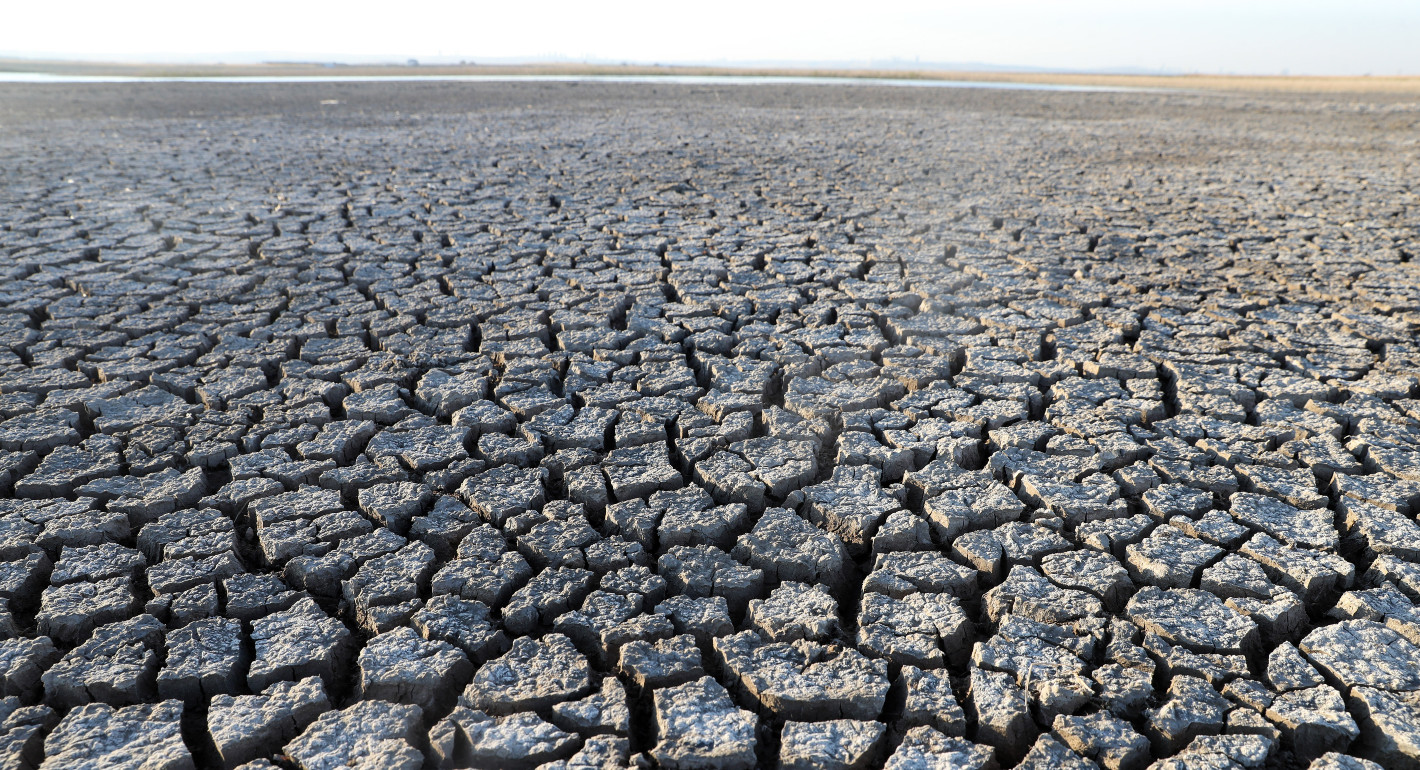Dr. Albert Keidel
{
"authors": [
"Albert Keidel"
],
"type": "legacyinthemedia",
"centerAffiliationAll": "dc",
"centers": [
"Carnegie Endowment for International Peace"
],
"collections": [],
"englishNewsletterAll": "asia",
"nonEnglishNewsletterAll": "",
"primaryCenter": "Carnegie Endowment for International Peace",
"programAffiliation": "AP",
"programs": [
"Asia"
],
"projects": [],
"regions": [
"North America",
"United States",
"East Asia",
"China"
],
"topics": [
"Economy",
"Foreign Policy"
]
}
Source: Getty
China's Vital Role in Defeating Protectionism
By whatever means necessary, China needs to reduce its global trade surplus dramatically -- ideally to zero and below by sometime in 2010. China's exports will most probably continue to grow, even if modestly. Hence, China must put its late-phase World Trade Organisation mechanisms into high gear and open import channels wide, especially for consumer goods.
Source: South China Morning Post

The confusion reflects commentary that the US needs China to finance its deficit-spending stimulus programme.
The serious concern emphasises how China's trade policies can play a critical role to ensure the global crisis doesn't trigger global protectionism.
"China is America's banker" is a phrase one often hears, along with "China has massive foreign exchange reserves". Hold on, though. No US stimulus package will need a cent from China. At the risk of grossly oversimplifying, here is how America finances a stimulus package like the one it needs now.
Using only entries on its balance sheet, the Federal Reserve System creates cash and uses it to buy bills from the Treasury Department. The Treasury spends the money, based on Congressional appropriations. Congress also has to raise the debt ceiling. That's it. It has nothing to do with China.
Besides, China's reserves are already in Treasury bills and other hard currency debt instruments. China has all along been paying out most of its export earnings to buy these bills, using abundant liquidity the Fed made available to American households to buy, among other things, imports from China. In this sense, the US is China's banker, not the other way round.
And China's reserves aren't that big, anyway. The word "massive" is inappropriate. They are hardly massive compared with the size of China's money supply, which is the relevant standard for a soft currency in this era of instant capital flows. China's reserves at the start of the year were 28 per cent of its money supply. Is that a lot?
South Korea's reserves early this year were 30 per cent of its money supply and, yet, this level has proved inadequate. Capital flight has caused the Korean won to devalue nearly 40 per cent this year, despite US Federal Reserve bailout credits. Ten years ago, Singapore lost 26 per cent of its money supply in the Asian financial crisis. For a China hoping, some day, to safely liberalise international financial flows, its reserves now seem inadequate.
In this, and other dimensions, China's economy -- at one-tenth of the Group of Seven leading industrialised nations' gross domestic product -- is still too small to be a major factor in solving the current financial and economic crisis. But there is one important, maybe essential, thing China can do.
China's global trade surplus for goods and services last year was 9 per cent of its GDP. That is huge in a relative sense. As the world enters a deep recession next year, a surplus like that is a lightning rod for protectionist strikes by a range of charged-up domestic political forces virtually everywhere -- not least the US Congress.
The G20 meeting last month made resisting protectionism a primary responsibility of all parties. China can arguably do more in this regard than any other G20 member.
By whatever means necessary, China needs to reduce its global trade surplus dramatically -- ideally to zero and below by sometime in 2010. China's exports will most probably continue to grow, even if modestly. Hence, China must put its late-phase World Trade Organisation mechanisms into high gear and open import channels wide, especially for consumer goods.
Hopefully, Mr Paulson put all his persuasive powers into pointing out how China, by shrinking its trade surplus quickly in any way it sees fit, could help prevent an unravelling of the international trading system on which China's -- and the world's -- well being so critically depends. In less than two years, at the time of US congressional elections, such an accomplishment would call for thanks from everywhere.
About the Author

Former Senior Associate, China Program
Keidel served as acting director and deputy director for the Office of East Asian Nations at the U.S. Department of the Treasury. Before joining Treasury in 2001, he covered economic trends, system reforms, poverty, and country risk as a senior economist in the World Bank office in Beijing.
- As China's Exports Drop, Can Domestic Demand Drive Growth?Article
- China’s Fourth Quarter 2008 Statistical RecordArticle
Dr. Albert Keidel
Recent Work
Carnegie does not take institutional positions on public policy issues; the views represented herein are those of the author(s) and do not necessarily reflect the views of Carnegie, its staff, or its trustees.
More Work from Carnegie Endowment for International Peace
- Duqm at the Crossroads: Oman’s Strategic Port and Its Role in Vision 2040Commentary
In a volatile Middle East, the Omani port of Duqm offers stability, neutrality, and opportunity. Could this hidden port become the ultimate safe harbor for global trade?
Giorgio Cafiero, Samuel Ramani
- Europe on Iran: Gone with the WindCommentary
Europe’s reaction to the war in Iran has been disunited and meek, a far cry from its previously leading role in diplomacy with Tehran. To avoid being condemned to the sidelines while escalation continues, Brussels needs to stand up for international law.
Pierre Vimont
- Governing Aging Economies: South Korea and the Politics of Care, Safety, and WorkPaper
South Korea’s rapid demographic transition previews governance challenges many advanced and middle-income economies will face. This paper argues that aging is not only a care issue but a structural governance challenge—reshaping welfare, productivity, and fiscal sustainability, and reorganizing responsibilities across the state, private sector, and society.
Darcie Draudt-Véjares
- Lessons Learned from the Biden Administration’s Initial Efforts on Climate MigrationArticle
In 2021, the U.S. government began to consider how to address climate migration. The outcomes of that process offer useful takeaways for other governments.
Jennifer DeCesaro
- India Signs the Pax Silica—A Counter to Pax Sinica?Commentary
On the last day of the India AI Impact Summit, India signed Pax Silica, a U.S.-led declaration seemingly focused on semiconductors. While India’s accession to the same was not entirely unforeseen, becoming a signatory nation this quickly was not on the cards either.
Konark Bhandari








